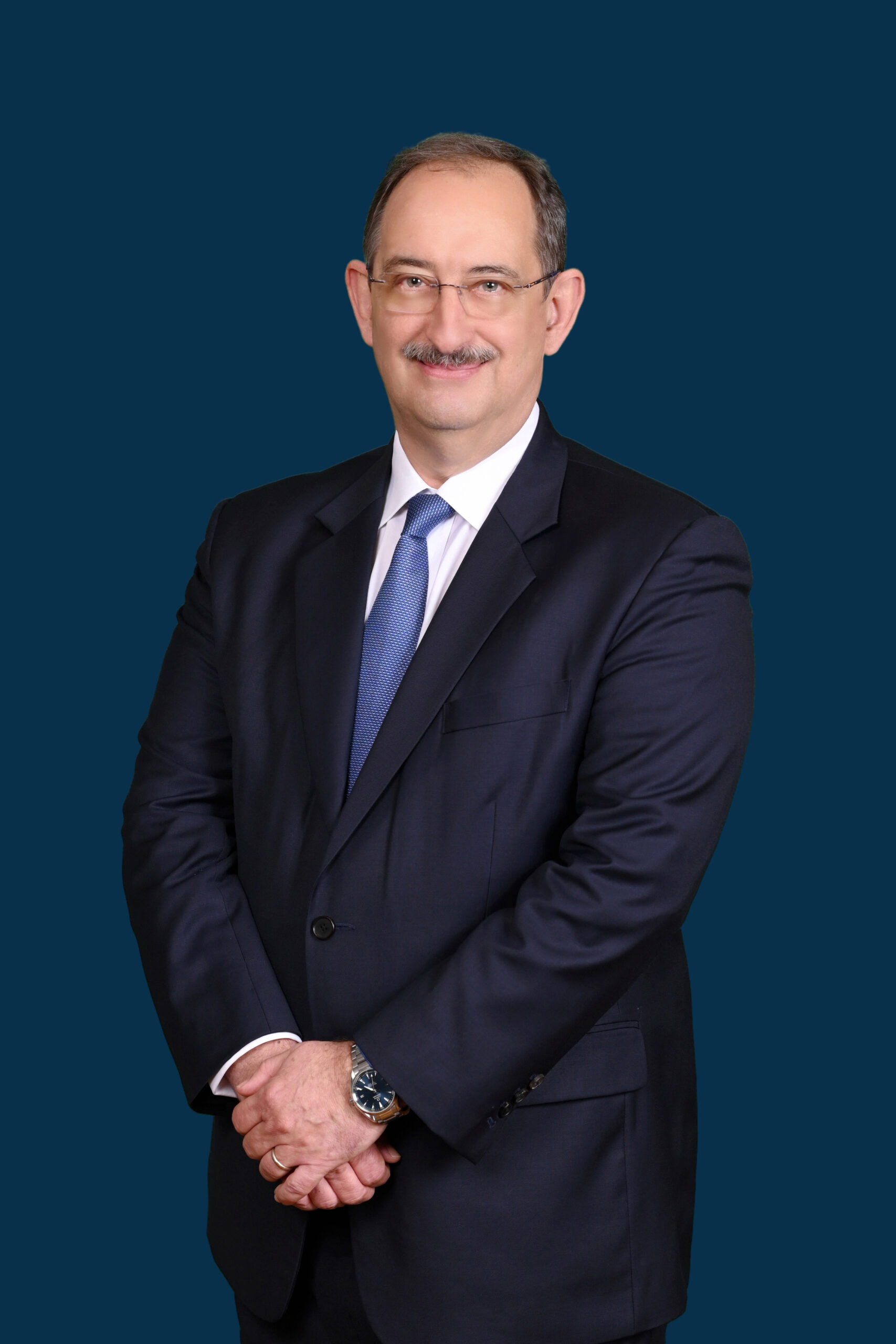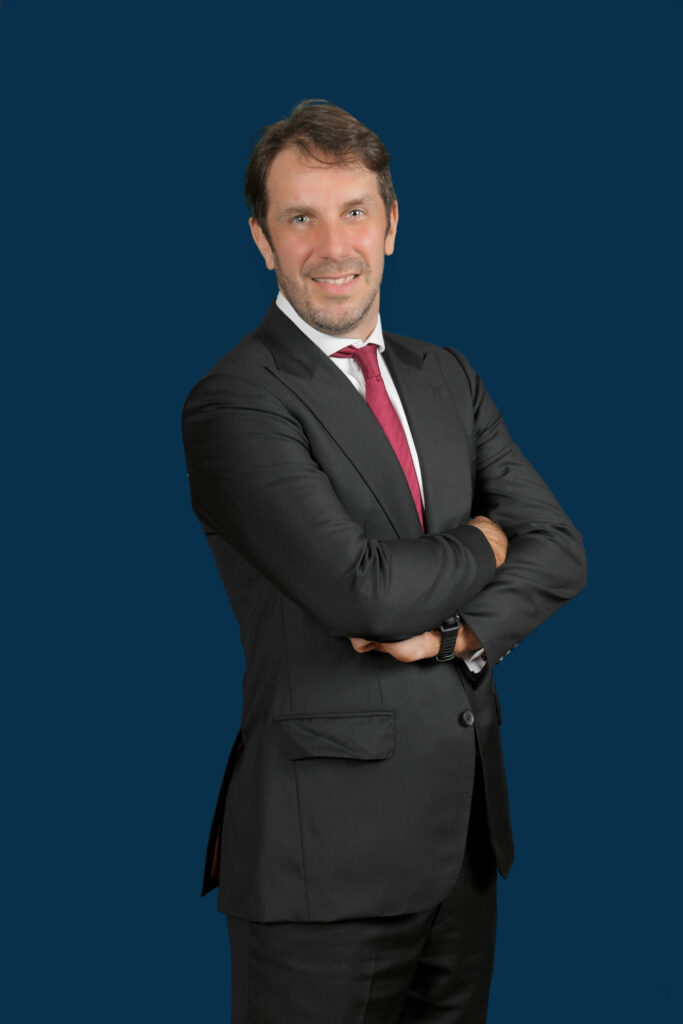As maritime evolves to embrace digital transformation and sustainability amid a global environment that is becoming more complex, talent remains key to its growth.
On the final day of Sea Asia 2021, SMF Board Member and Director of MPartners Lee Keng Mun moderated a session comprising panellists Mark Charman, CEO and Founder of Faststream Recruitment Group; Adonis Garefalakis, Director of People and Culture at The Signal Group; Linda Murray, Global Director of Human Resources & Facilities at AET; Lakhbir Singh, CEO of Orient Maritime Agencies; and Yi Jun Mock, Co-Founder & President of Advisory Singapore.
Drawing on their diverse background, the panellists shared their perspectives on shifting employment trends and how maritime can enhance its appeal to young talent, especially millennials and Gen Z.
It comes as no surprise that the nature of work has morphed with digitalisation. This ranges from organisational structures to employee’s expectations and requirements, a phenomenon further exacerbated by the Covid-19 pandemic which has given time for people to “think and reflect on their priorities”, says Mr Charman. With its long history, Ms Murray highlights that the maritime industry has a “great proposition,” but the issue lies with its marketability. Her sentiments are echoed by Mr Charman, Mr Mock and Mr Garefalakis, who observes that talent seek purpose-driven and ESG-conscious organisations.
Business owners such as Mr Singh, have adjusted their hiring processes to cope in this dynamic climate. Mr Mock highlights how employees are now shifting from the pursuit of work-life balance towards work-life integration. Besides seeking work that “aligns with their mission”, “lattice mobility” that affords individuals to explore a variety of experiences beyond their job title is another area that youths are drawn towards. Interestingly, Mr Mock notes that instead of a generational divide between the work expectations of youths and seasoned individuals, it is the “same tendencies manifesting in different ways”.
According to Mr Charman, come 2024, millennials and Gen Z will comprise 72% of the talent pool. Appealing to their interests has never been more pressing, especially in the race towards securing the best talent. One factor is a strong brand, says Mr Charman and Ms Murray. Citing MSC as an example, the organisation is “oversubscribed for talent” because they are leading the charge around green technology, a mission that resonates strongly with the crowd.
Upon attracting the right people, organisations must provide them with opportunities to grow and inculcate a global mindset. Built upon international connectivity, a globally oriented corporation will be better equipped to “deal with challenges and attract talent from different sectors”, Ms Murray states.
However, building maritime’s brand is no mean feat. Mr Singh observes that the breadth of maritime makes it challenging to elucidate what the industry is about to young entrants. Without a foundational understanding, selling career opportunities will be a tougher task to undertake, a point Mr Mock concurs, noting that there is low awareness amongst youths.
Yet this does not spell doom for maritime. Pivoting towards digitalisation, decarbonisation and sustainable development goals offers maritime a much-needed facelift. In fact, Mr Garefalakis feels that by branding maritime organisations around technology, the sector will continue to blossom. Riding on this new wave of change, Mr Mock believes in instilling a “love for the sea” among youths and viewing maritime as a passion.
In her concluding thoughts, Ms Murray cautions that a strong sustainability branding may bring in fresh faces but “making sure that diversity is rich within the organisation” is what makes them stay. As the world is increasingly interconnected, maritime must open its arms to welcome the experiences of individuals rowing in from other industries.
The race for new talent is not a sprint but a long marathon. To stay ahead of this race, maritime will require carefully calibrated action by various actors within the ecosystem. Green recruiting will undoubtedly be one of maritime’s key messages and Singapore is well poised to deliver it.





